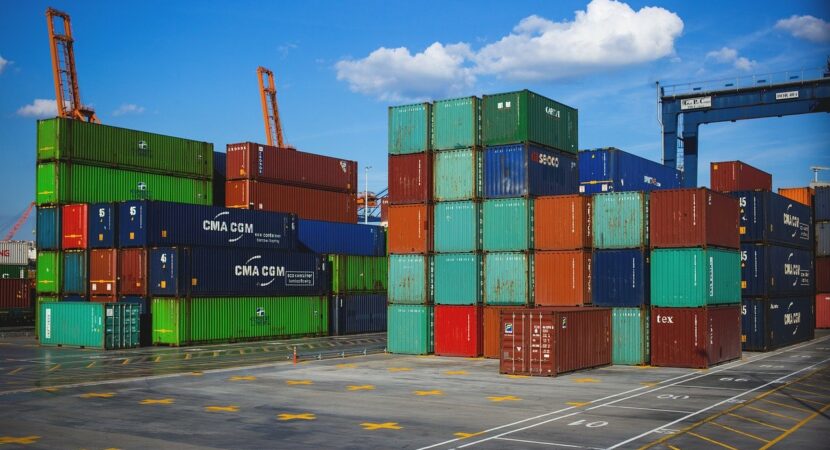
Driven by several problems in the port sector, but mainly by the conflicts with Ukraine, the costs of maritime cargo transport grew by almost 60% during the year 2022, according to data from the UNCTAD report.
A recently released report by the United Nations Conference on Trade and Development (UNCTAD) brought data about the port sector international market and, for this Thursday, (30/06), the cargo handling scenario is not favorable at all. This is because, according to the agency, shipping costs in ports increased by almost 60% throughout 2022, driven by the war between Russia and Ukraine and factors related to the pandemic period.
Shipping costs of cargo between world ports have risen by nearly 60% since the start of the conflict with Ukraine, says UNCTAD
Since the beginning of 2022, when the first conflicts between Ukraine and Russia erupted on the international geopolitical scene, the global market has suffered a series of impacts, since several sectors have been influenced by the political disparity between countries. And, within these segments, the port sector was one of the most affected, consequently impacting the cargo supply chain in several entire countries.
This happens because the sector has lost access to a large part of the Black Sea, in addition to having reduced shipments due to the embargoes against Russia. Thus, a large part of Ukraine's agricultural production, essential for supplying several countries, no longer goes through maritime transport operations, causing a domino effect around the world.
In this way, the costs of shipping cargo worldwide increased by almost 60% until May of this year 2022, according to the report released by UNCTAD.
UNCTAD also warns of several other problems that led to this significant increase in maritime transport costs, but reinforces the influence of conflicts in this scenario: “However, it is clear that the interruptions and the greater demand for ton-miles caused by the war in Ukraine contribute heavily to rising shipping costs”. And, in the consequences of the conflict, the most harmful to the port sector were the interruption of regional logistics networks and port operations in Ukraine, the destruction of important infrastructure and the various trade restrictions carried out throughout the year.
War with Ukraine is not the only factor for the high costs of maritime transport, points out UNCTAD, which warns of impacts on the economy of countries
Despite the UNCTAD report proving the strong impact of the conflicts with Ukraine on the world stage for the moment of instability in current maritime transport costs, the agency still points out other problems in the port sector.
Among them are the consequences of the COVID-19 pandemic on the international market, such as congested ports and the need to carry out an energy transition, which are other strong factors that influenced the increase in transport by sea.
One of the main results of the high costs of shipping cargo worldwide is the impact on food prices in several countries. This, because the UNCTAD report proved that the cost of food was raised by up to 4% during the year 2022, a significant increase, mainly for the poorest parts of the world's population. Thus, conflicts not only caused structural and operational problems, but also socioeconomic problems in countries.
Now, the expectation is that the expansion in maritime transport operations, mainly exports, can reverse this scenario. Thus, UNCTAD projects that Brazil should increase its exports of wheat and grains by 37% in 2022, while the United Kingdom and the European Union should expand their exports by 8% during the same year.









